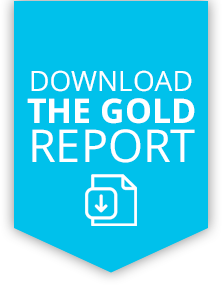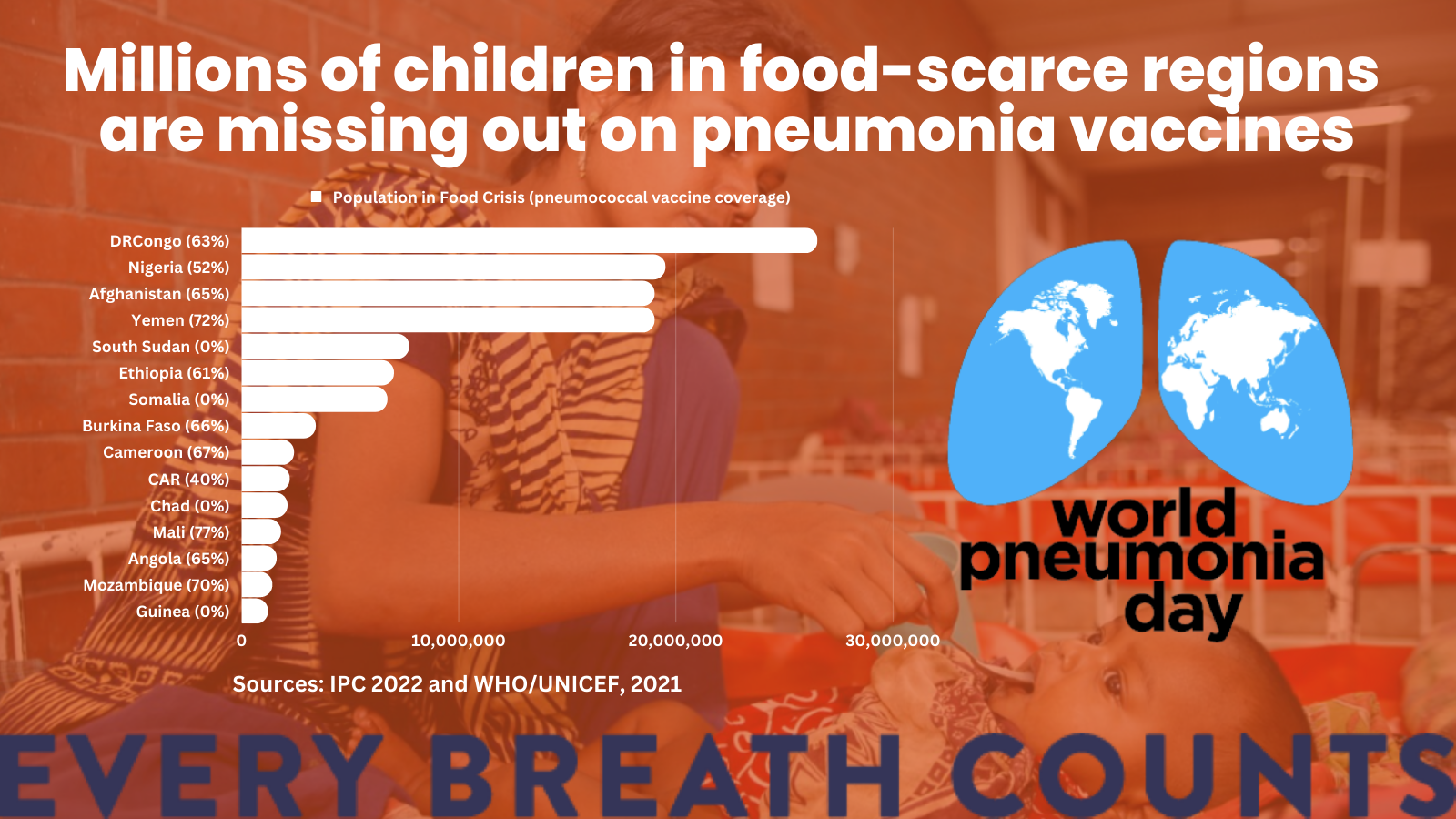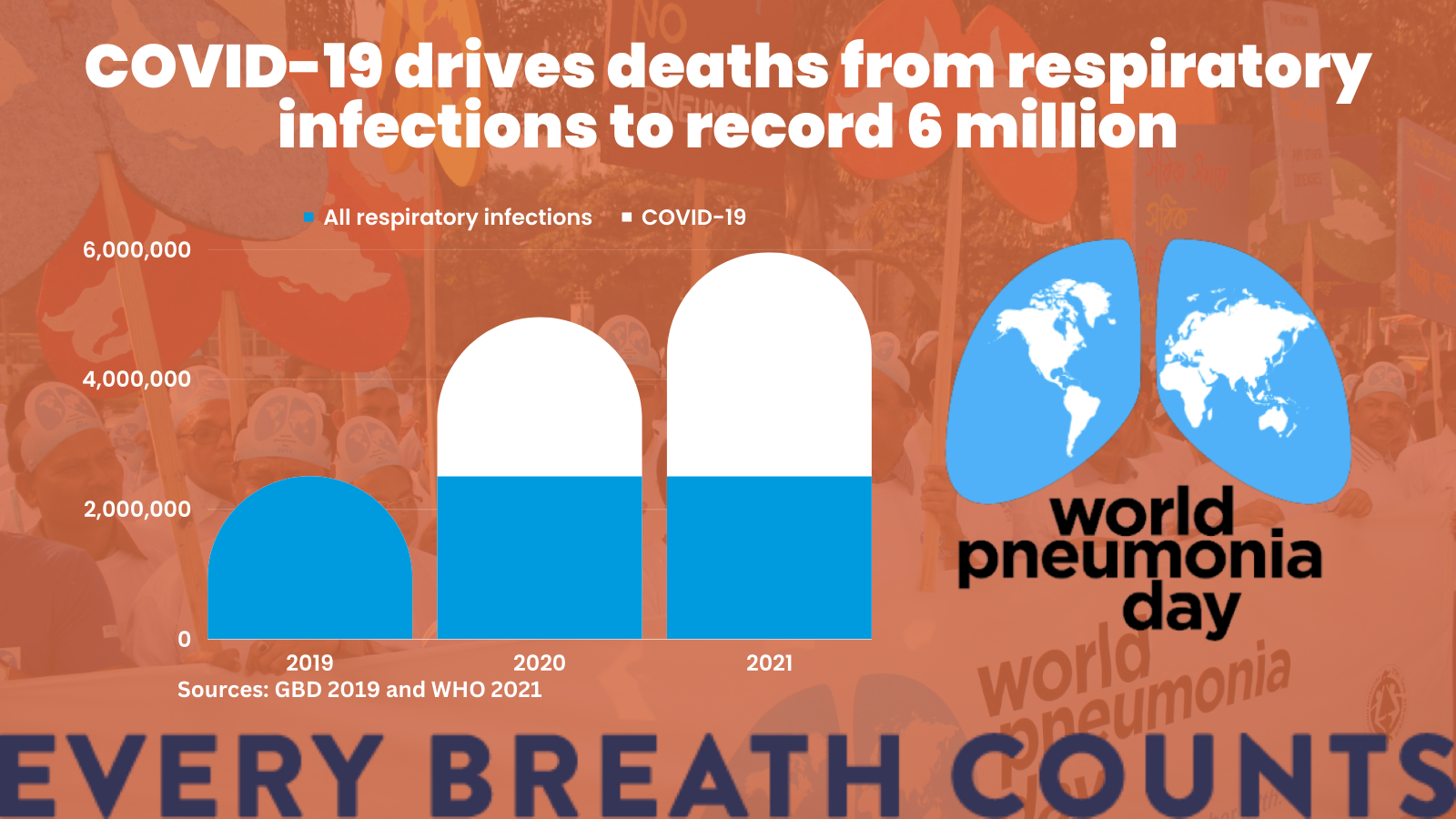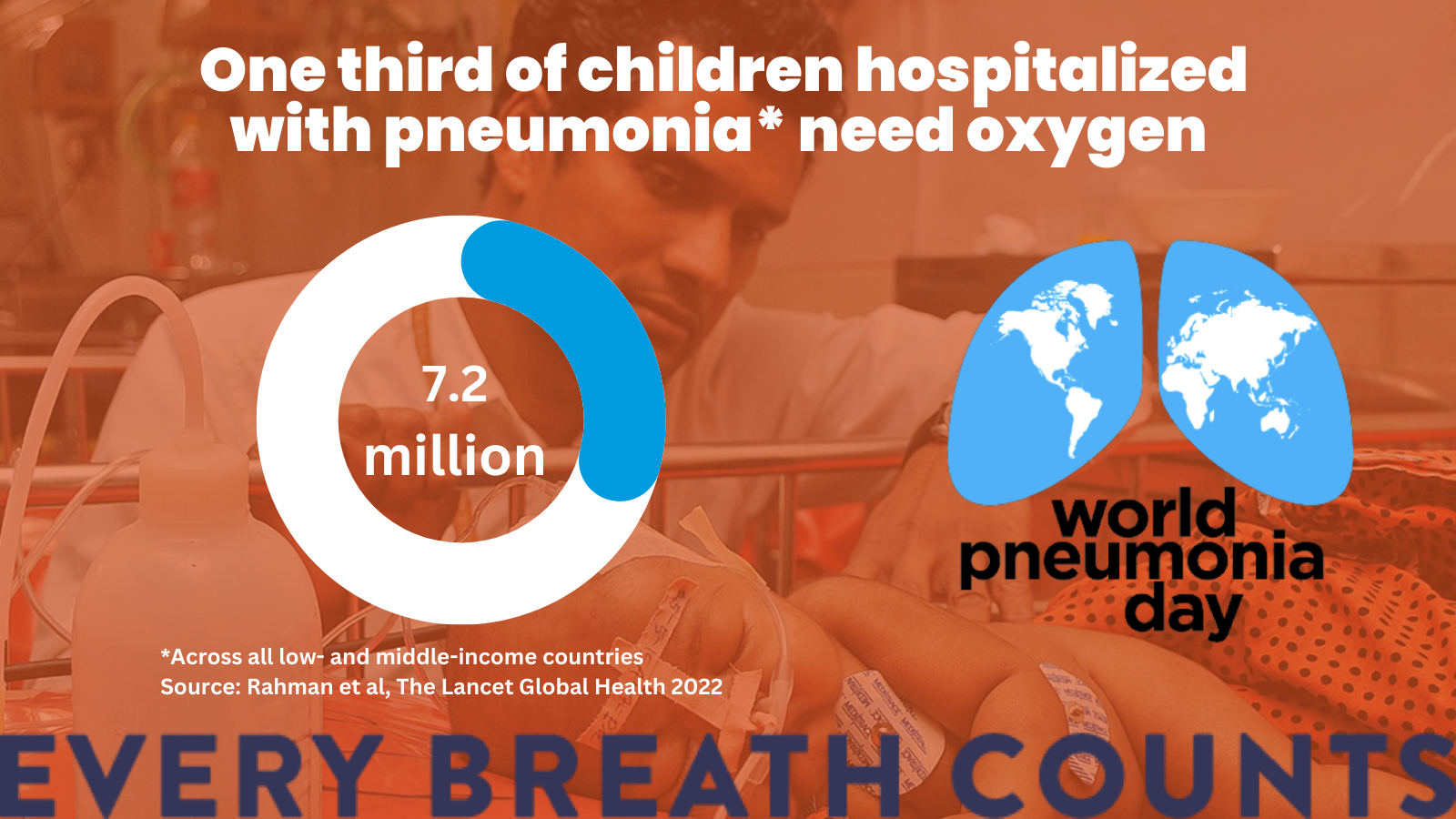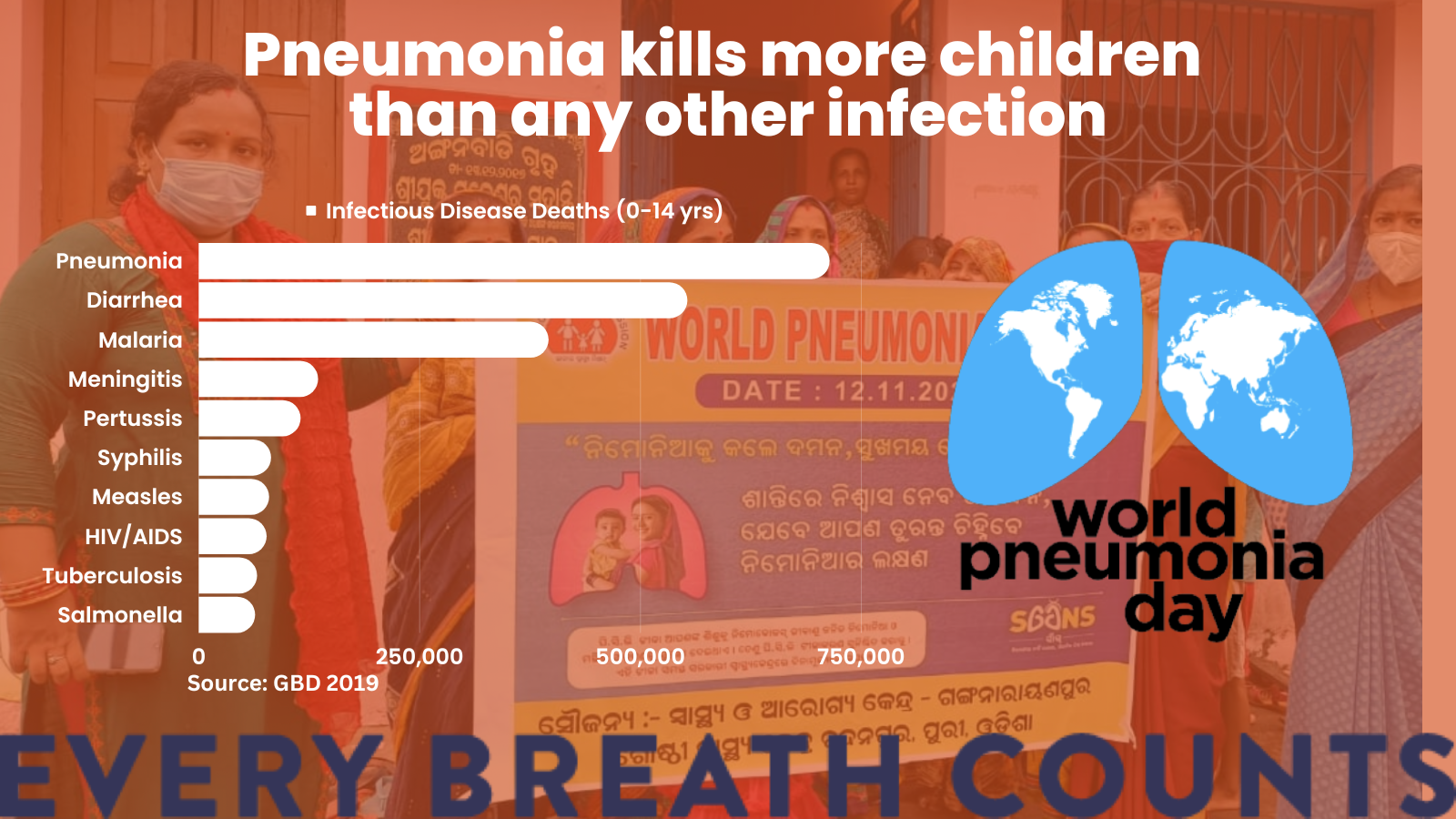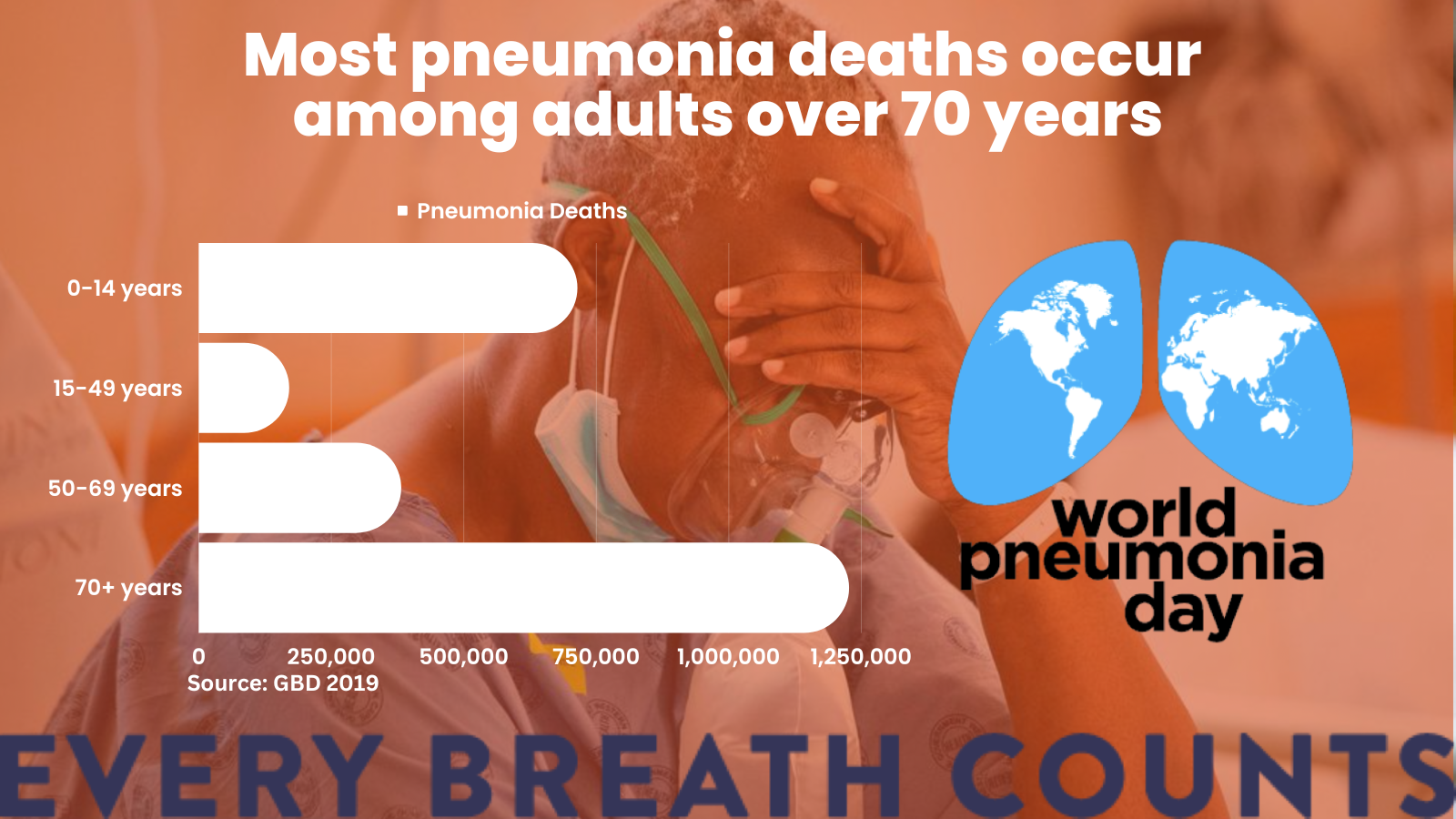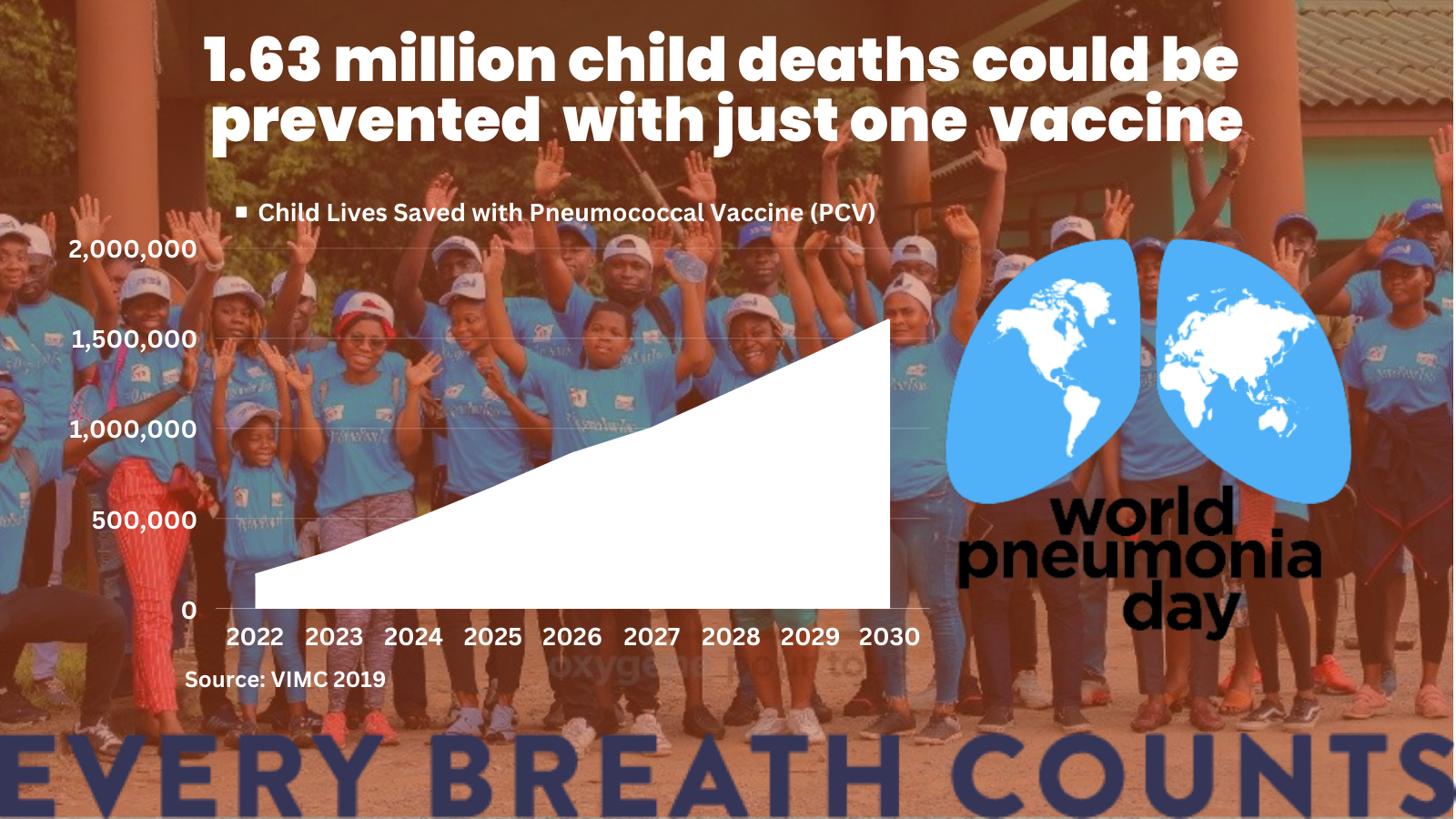Respiratory Groups Stress Lung Cancer Risks and Importance of Early Screening and Treatment for World Lung Cancer Day
On World Lung Cancer Day, August 1, the Forum of International Respiratory Societies (FIRS) and its founding member, GOLD, stress the importance of understanding lung cancer risk factors, as well as the importance of early detection through screening and treatment.
According to the World Health Organization, lung cancer is the leading cause of cancer-related deaths worldwide for both men and women. In 2020, there were 2.21 million new lung cancer cases globally and 1.80 million deaths.
While smoking is the single greatest risk factor for lung cancer, accounting for 85 percent of all cases, other lesser-known risk factors include environmental exposures and genetics. Environmental exposure to radon, asbestos, arsenic, beryllium, and uranium has been linked to lung cancer. The risk of lung cancer also increases with a history of cancer in another part of the body, age, family history, radiation to the chest area, and lung diseases like chronic obstructive pulmonary disease (COPD).
World Lung Cancer Day offers an opportunity to raise awareness for the staggering global impact of this cancer. With one in four cancer deaths attributed to lung cancer, it is of critical importance to promote early detection through symptom awareness and lung cancer screening. Through early detection, treatment can begin, the cancer is less likely to spread, and we can begin to reduce the number of lung cancer deaths worldwide.
If you currently smoke or have a history of smoking and are 50 years or older, you may be a candidate for a screening low-dose CT scan that can potentially detect lung cancer in its earliest stages.
Lung cancer symptoms include a persistent and worsening cough, coughing up blood, chest or back pain, and difficulty swallowing. Tests that may be used to diagnose lung cancer include chest X-rays, Chest CT and PET scans, bronchoscopy, and needle biopsies.
To learn more about lung cancer screening, click here.
For tobacco cessation resources, click here.
About the Forum of International Respiratory Societies
The Forum of International Respiratory Societies (FIRS) is an organisation comprised of the world’s leading international respiratory societies working together to improve lung health globally. The goal of FIRS is to unify and enhance efforts to improve lung health through the combined work of its more than 70,000 members globally.
FIRS comprises the American College of Chest Physicians (CHEST), American Thoracic Society (ATS), the Asian Pacific Society of Respirology (APSR), Asociación Latinoamericana de Tórax (ALAT), European Respiratory Society (ERS), International Union Against Tuberculosis and Lung Disease (The Union), Pan African Thoracic Society (PATS), the Global Initiative for Asthma (GINA) and the Global Initiative for Chronic Obstructive Lung Disease (GOLD).

